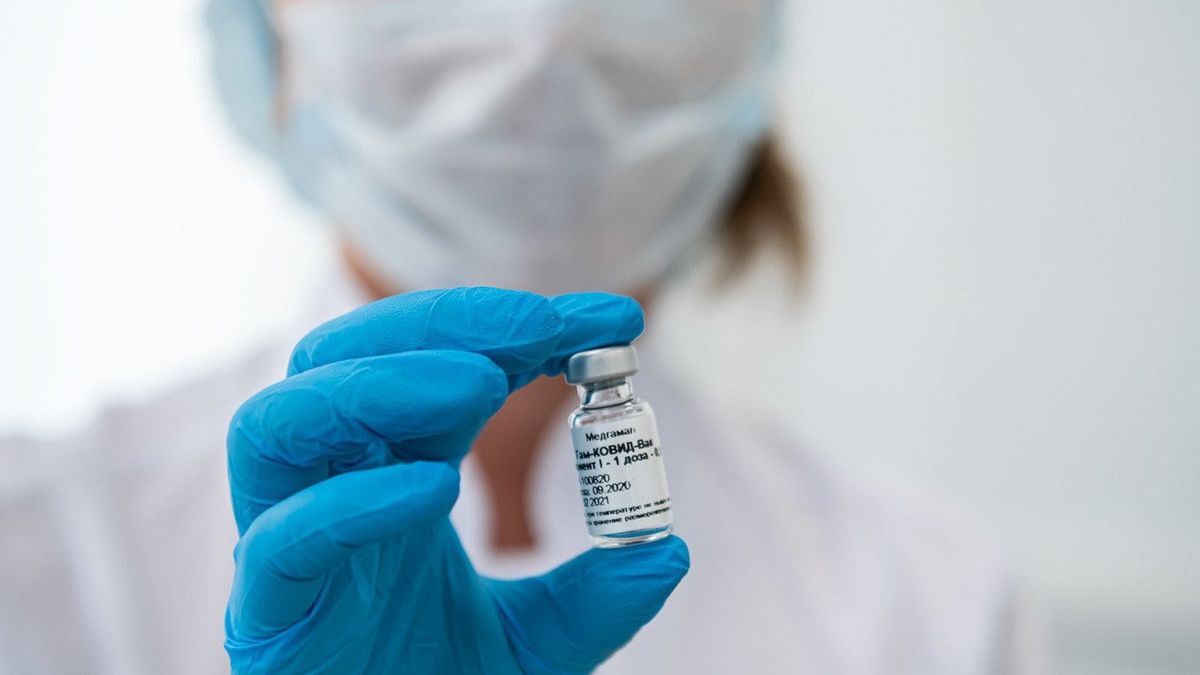JAKARTA - World Health Organization (WHO) experts warn that repeating booster doses of the COVID-19 vaccine are not the right strategy to fight emerging variants, calling for new injections that better protect against transmission.
A group of experts set up by the WHO to assess the performance of COVID-19 vaccines said only giving new shots of existing COVID-19 vaccines when new strains of the virus emerged was not the best way to fight the pandemic.
"A vaccination strategy based on repeated booster doses of the original vaccine composition is unlikely to be appropriate or sustainable", the WHO Technical Advisory Group on COVID-19 Vaccine Composition (TAG-Co-VAC) said in a statement, citing CNA on January 12.
The group said there may be a need to update existing vaccines to better target emerging COVID-19 variants such as the Omicron variant, which has spread rapidly and has been detected in 149 countries so far.
In addition, the group also called for the development of new vaccines that not only protect people who contract COVID-19 from falling seriously ill but also better prevent people from contracting the virus in the first place.

"COVID-19 vaccines that have a high impact on preventing infection and transmission, in addition to preventing serious illness and death, need and must be developed", explained TAG-Co-VAC.
This, he said, would help reduce "community transmission and the need for stringent and broad-reaching public health and social measures".
They also suggested that vaccine developers should strive to create injections that "acquire a broad, robust and long-lasting immune response to reduce the need for successive booster doses".
According to the WHO, 331 vaccine candidates are currently being worked on worldwide. Until a new vaccine is developed, the group said, "the composition of the current COVID-19 vaccine may need to be updated".
This will ensure, (the vaccine) continues to provide the WHO-recommended level of protection against infection and disease by VOCs (variants of concern), including Omicron and future variants."
Just weeks after the Omicron variant was first detected in southern Africa, it became clear that it was not only much more infectious than the previous variant.

But it's also better at avoiding some vaccine protections. The WHO has so far stamped approval for eight different versions of the vaccine.
TAG-Co-VAC emphasizes that the vaccine provides a high level of protection against severe illness and death caused by various viral variants.
It said preliminary data showed existing vaccines were less effective at preventing symptomatic COVID-19 disease in people who had contracted the Omicron variant.
But the protection against severe illness, which is specifically meant to be, is "more likely to be maintained", he said.
"However, more data is needed on vaccine effectiveness, particularly against hospitalization, severe illness, and death, including for each vaccine platform and for various vaccine doses and product regimens", he said.
In addition, TAG-Co-VAC echoes WHO's stance, "the immediate priority for the world is accelerating access to primary vaccination". The UN health agency has resisted calls in a growing number of countries to launch blanket reinforcement programs in the battle against newer variants such as the Omicron.
SEE ALSO:
The WHO said this was absurd because many people in poor countries were still waiting for the first blow, dramatically increasing the chances of new, more dangerous variants emerging.
So far, more than 8 billion doses of the COVID-19 vaccine have been administered in at least 219 regions, according to an AFP count.
Ironically, while more than 67 percent of people in high-income countries have received at least one stab, less than 11 percent in low-income countries according to UN figures.
The English, Chinese, Japanese, Arabic, and French versions are automatically generated by the AI. So there may still be inaccuracies in translating, please always see Indonesian as our main language. (system supported by DigitalSiber.id)


















